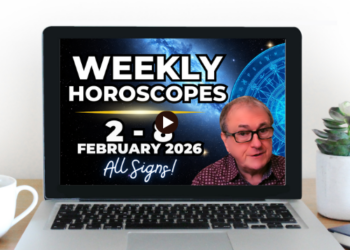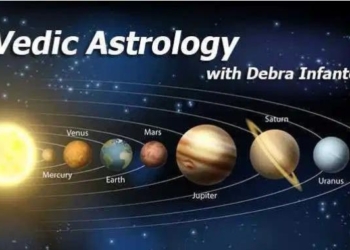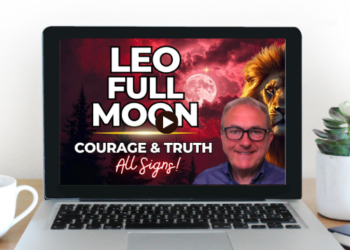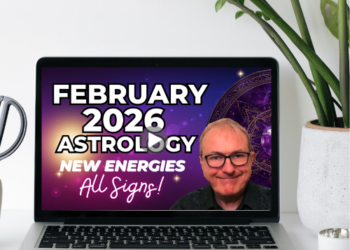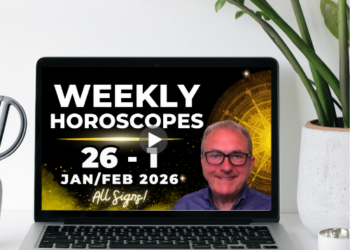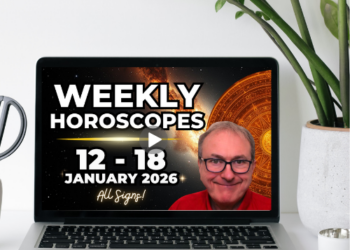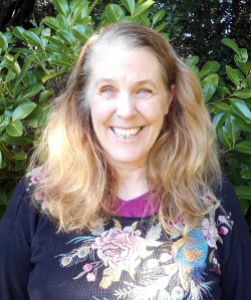 Mandela Effect Mindset and books
Mandela Effect Mindset and books
Several books about the Mandela Effect help us glimpse the true nature of reality. One of 2019's most amazing scientific discoveries includes the physics experiment that challenges objective reality. I'm heartened to see experimental validation and verification of what physicist George Weissmann and I had presented at a Foundations of Mind conference in San Francisco in our 2017 paper, The Quantum Paradigm and Challenging the Objectivity Assumption.
I've been reading a marvelous book about the key role that imagination and imaginal realms play in the experience of being human: Lost Knowledge of the Imagination, by Gary Lachman. While this book does not set out to cover the Mandela Effect, it addresses the requisite mindset for experiencing the Mandela Effect. One might say that in the imaginal realms, discussed by Henri Corbin, the imaginer and the imagined are inseparable–the knower and known are one. Many of our greatest scientific breakthroughs have arisen, thanks to some kind of direct awareness being shared via dreams and daydreams. Most indigenous societies knew how to harness this kind of direct knowing to benefit from herbal healing properties of plants in their surroundings. Awareness of the significance of adopting such a ‘waking dream' experience of life and reality is presented in several books about the Mandela Effect.
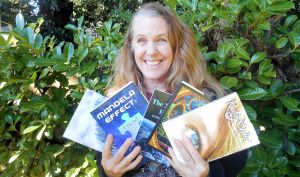
Mandela Effect books
I share experiences of merging between knower and known in my book, Reality Shifts, inviting you to experience how it feels to live life like a waking, lucid dream–to live a lucid, dreamlike life. Some of the experiences I share involving instantaneous personal reality shifts were very much experienced in that dreamy state of being. It is my hope that those reading Reality Shifts will gain a true sense of subjective reality, as well as insights into how it feels to live a waking dream–to experience an openness to collective consciousness, with information, ideas, and answers to questions coming to us as we learn to better focus our awareness.
I love seeing how several other of my favorite books about the Mandela Effect also include experiences featuring that same kind of dreamlike quality of experiences, such as Anthony Santosusso's book, Mind Beyond Matter. Some of these experiences can provide life-saving information and insights, as Santosusso's book describes from his first-person point of view.
Lauren Connell Pavelka's book, The Mandela Effect or the Miracle Effect? similarly takes us into the imaginal realm where miraculous healing can and does occur–as well as a number of other surprising shifts in reality. The book, Mandela Effect, Friend or Foe? provides us with several different subjective perspectives, thanks to its having been written by four different co-authors:
 What does this show us?
What does this show us?
We are now arriving at a juncture where we can choose to recognize a paradigm in which subjective reality–not objective reality–is the basis of our material world. The implications of this are truly among the most mind-boggling that our western civilization has yet faced. And we definitely will be facing this, thanks to the advent of quantum computing and artificial intelligence. The quantum paradigm as it has previously been envisioned has been incomplete, in the sense that we often presumed there would be some kind of “true reality” that was and is unchanging, and the same for all observers. Now that we have good reason to cast doubt on this assumption, the very foundation of western science as we know it is being shaken to its core.
You can watch the companion video to this blog post at:
___________________________
 Cynthia Sue Larson is the best-selling author of six books, including Quantum Jumps. Cynthia has a degree in Physics from UC Berkeley, and discusses consciousness and quantum physics on numerous shows including the History Channel, Gaia TV, Coast to Coast AM, the BBC and One World with Deepak Chopra and on the Living the Quantum Dream show she hosts. You can subscribe to Cynthia’s free monthly ezine at: https://www.RealityShifters.com
Cynthia Sue Larson is the best-selling author of six books, including Quantum Jumps. Cynthia has a degree in Physics from UC Berkeley, and discusses consciousness and quantum physics on numerous shows including the History Channel, Gaia TV, Coast to Coast AM, the BBC and One World with Deepak Chopra and on the Living the Quantum Dream show she hosts. You can subscribe to Cynthia’s free monthly ezine at: https://www.RealityShifters.com




